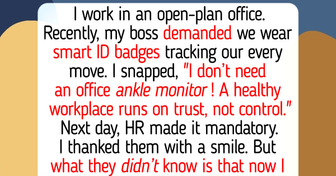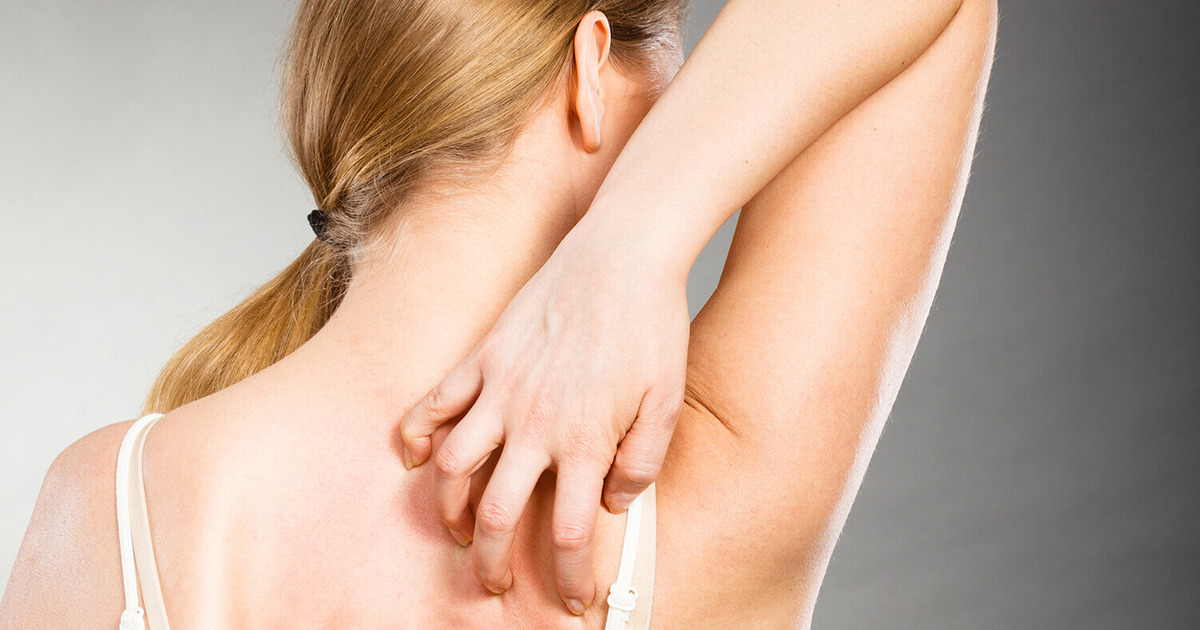I Refused to Let My Boss Track My Every Move—I Don’t Need an “Ankle Monitor”


We all have heard many times that stress has a massive impact on our health and well-being. Researchers believe that long-term continuous stress can actually accumulate in certain areas of our body and we may be mistakenly looking for some health treatment while the true cause of the problem is psychological.
We at Bright Side want all of our readers stay healthy and so we’ve prepared this selection to show the results of this research.
Stress leads to tightness and tension in the neck and shoulder muscles. When we are under stress, we subconsciously raise our shoulders and this position tightens the neck and shoulder muscles and we end up with pain in these areas.
When we get stressed, we often end up with migraines and headaches. This is the result of our body’s release of chemicals during stress. These chemicals affect nerves and blood vessels in the brain which result in a headache.
Our stomach responds very quickly to our mental well-being. Stress can have an impact not only on how well our gut functions, but scientists believe it can change the microbial composition in the stomach. Stress can also cause your body to start making more digestive acid which leads to heartburn.
Scientists believe that back pain is often in your head. When we’re under stress we tend to change our routine, behavior, how we walk, how we sleep, how we sit, and these changes may affect the muscles around our spine. When these muscles tighten, we may feel pain in the lower back area.
Have you ever been told that you grind your teeth? There’s a big chance that stress is almost entirely responsible for this. The main jaw muscle, called the masseter muscle, ends up with tension under stress and forces the chin to move from side to side, which is exactly the reason for teeth grinding.
Pains in the bones, joints, and muscles all over the body may also be stress-related. Studies have shown the link between depressive symptoms to pain in the entire body. Doctors take depression seriously these days, if you feel that this might be the case, seek professional help. It doesn’t always have to be medication, sometimes you just need someone to listen to you.
The immune system helps our body to stand against any viruses, bacteria, or other tiny “bad guys.” When we are stressed, our body releases chemicals that suppress our immune system and the level of lymphocytes in the blood drops, making us more vulnerable. In other words, during stress, we get sick easier.
Stress can affect our appearance, behavior, and well-being in general and it’s up to us to let it happen or to find a way to release the stress. Of course, we cannot always change what’s causing the stress, but we can help our body to cope with it.
All in all, there are many health issues that can be stress-related, not physical. Therefore it would be wise to consult your doctor and try to find the true reasons for your aches and pains. It might be that you just need some rest!
Did you know that stress can be stored in some particular parts of the body? How do you cope with excess stress? Tell us in the comments below!











